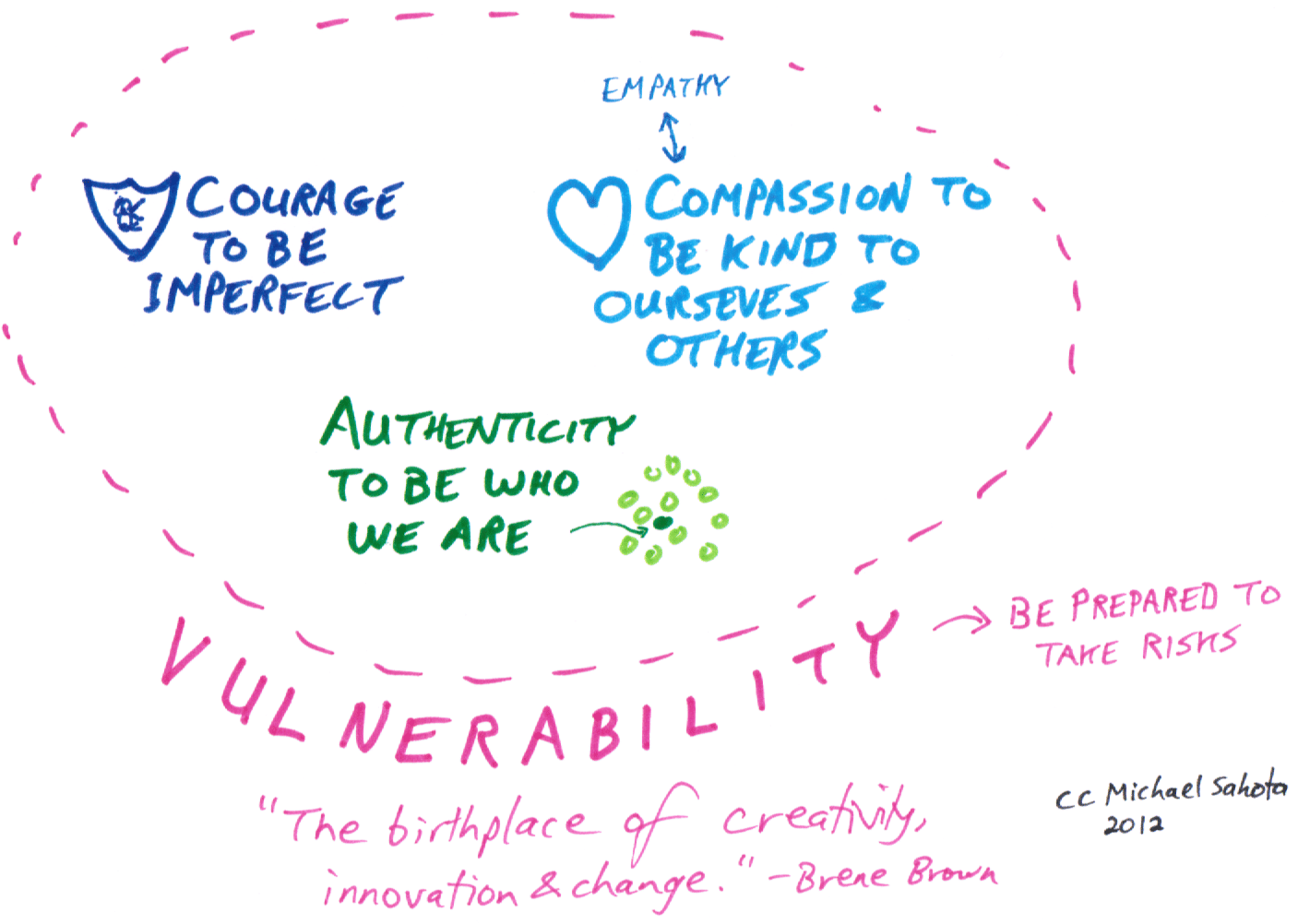In the realm of child and adolescent psychiatry and neuroscience, the name Bruce Perry resonates with expertise and insight. As part of a global consortium, Perry has dedicated his career to understanding the impact of adverse experiences on early childhood development. In his address to the 50-year celebration, Perry commends the efforts of those present and underscores the need to focus on improving the lives of young children. This article delves into Perry’s key observations and findings, emphasizing the critical role of consistent, nurturing relationships in mitigating the effects of early-life adversities.
Unveiling the Impact of Early Adversities
Perry’s work centres on investigating how various developmental adversities, such as trauma, insecurity, and chaos, shape the trajectory of children’s lives. Through comprehensive research and collaboration, his team has unveiled a remarkable phenomenon: children who experience adversity in their first year of life but subsequently enter a stable, nurturing environment tend to fare better than those who experience adversity later on. This finding challenges conventional wisdom and has profound implications for policy and practice.
The Enigma of Investment and Outcomes
Perry astutely acknowledges the substantial investments made in at-risk children, both financially and emotionally, with hopes of fostering positive outcomes. However, the reality remains disappointing as these well-intentioned interventions often yield subpar results. Despite pouring resources into educational, mental health, and welfare programs, the struggle persists for these vulnerable children to flourish as productive individuals. This discrepancy prompts Perry’s inquiry into the factors influencing this dichotomy.
Early Stability: A Crucial Catalyst
Delving into the crux of his research, Perry unravels the pivotal role of early-life stability and consistency. Drawing a stark comparison, he highlights that children subjected to adversity in their first year of life, followed by consistent stability, tend to fare worse than those who enjoyed a nurturing and stable first year but encountered difficulties later on. This counterintuitive observation underscores the crucial importance of the first year in shaping a child’s cognitive and emotional development.
The Brain’s Response to Stress
To comprehend the mechanics of this phenomenon, Perry elucidates the brain’s response to stress. He paints a vivid picture of the brain, emphasizing the cortex as the hub of cognitive functions and learning. Stressors and adversities, particularly during early developmental stages, can sensitize the stress response system, rendering the brain hyper-vigilant to potential threats. This hyper-vigilance, intended as a survival mechanism, inadvertently suppresses the cortex’s functioning, hindering the very learning process that education seeks to stimulate.
The Resilient Power of Relationships
Amidst the complexities, Perry highlights a beacon of hope: relationships. He asserts that relationships, particularly those that provide consistent, predictable, and nurturing interactions, hold the key to overcoming the effects of developmental trauma. These relationships serve as mediators, fostering resilience and enabling children to adapt to stressors in a healthier manner. Perry’s work underscores the profound influence of relationships on buffering stress and promoting positive outcomes.
Shifting Focus to Prevention and Support
As Perry succinctly puts it, prevention and support should be the crux of our endeavours. While acknowledging the challenges, he emphasizes the need for a paradigm shift in policy and practice. Rather than focusing predominantly on downstream interventions, resources should be channelled towards creating robust, nurturing environments for children in their formative years. Perry’s call to action resonates, urging us to prioritize relational health and early stability as the cornerstones of a brighter future.
The Opportunity for Transformation
Perry’s message carries weight, especially as he directs his words to the audience in Scotland, a land known for transformative education shifts. He envisions Scotland as a potential trailblazer in reengineering programs and practices towards prevention and support. With its inherent capacity and resources, Scotland has the opportunity to lead the world in a holistic approach to nurturing young families and children.
Conclusion
Bruce Perry’s insights provide a compass guiding us through the intricate maze of childhood development. His research emphasizes the significance of the first year, the power of relationships, and the need for a systemic shift towards early stability. As the world grapples with the challenges of ensuring a brighter future for its youngest members, Perry’s work reminds us that while adversity may be inevitable, the transformative power of nurturing relationships holds the key to resilience and growth. Let us heed his call and work towards creating a world where every child thrives, regardless of their initial circumstances.
Related posts:
 The Science of Integration: Understanding Harmony in Relationships and the Brain
The Science of Integration: Understanding Harmony in Relationships and the Brain
 The Power of Interoceptive Awareness in Healing
The Power of Interoceptive Awareness in Healing
 How and why children who have experienced trauma may find it more difficult to regulate their emotions and behaviours than other children
How and why children who have experienced trauma may find it more difficult to regulate their emotions and behaviours than other children
 The Power of Vulnerability and Shame Resilience in Education
The Power of Vulnerability and Shame Resilience in Education



